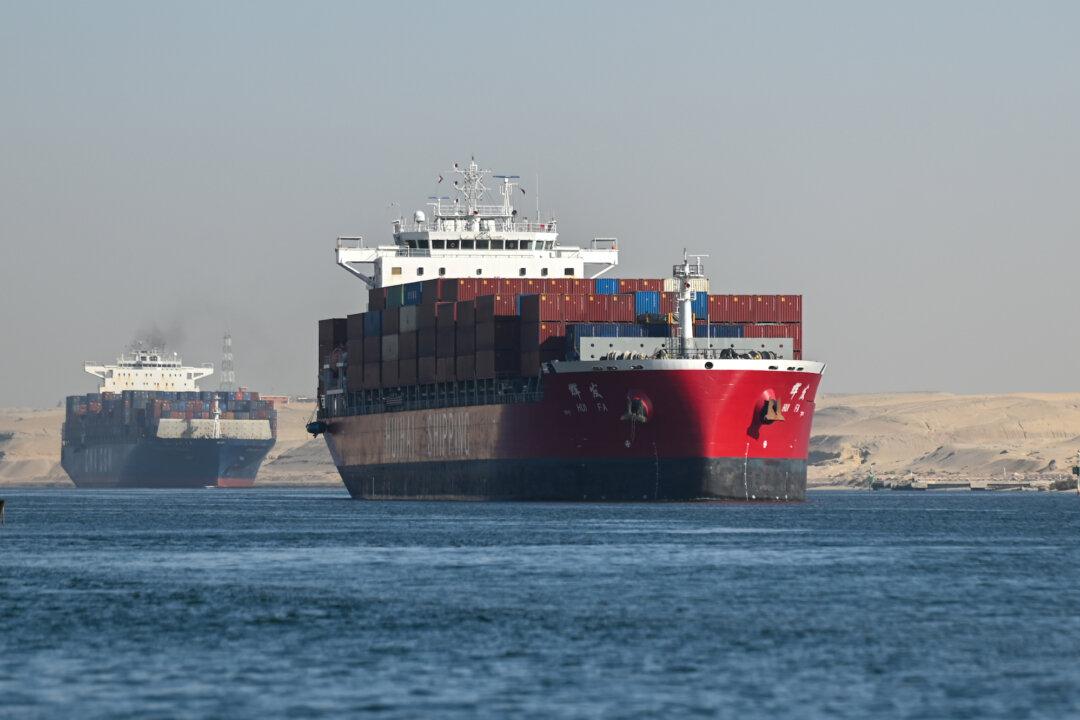A coalition of shipping industry leaders on June 19 renewed calls for the international community to step in and protect ships sailing through Red Sea shipping lanes as attacks by Houthi terrorists in Yemen continue.
“It is deplorable that innocent seafarers are being attacked while simply performing their jobs, vital jobs which keep the world warm, fed, and clothed,” reads a joint statement signed by the heads of 15 maritime shipping trade associations and organizations.





